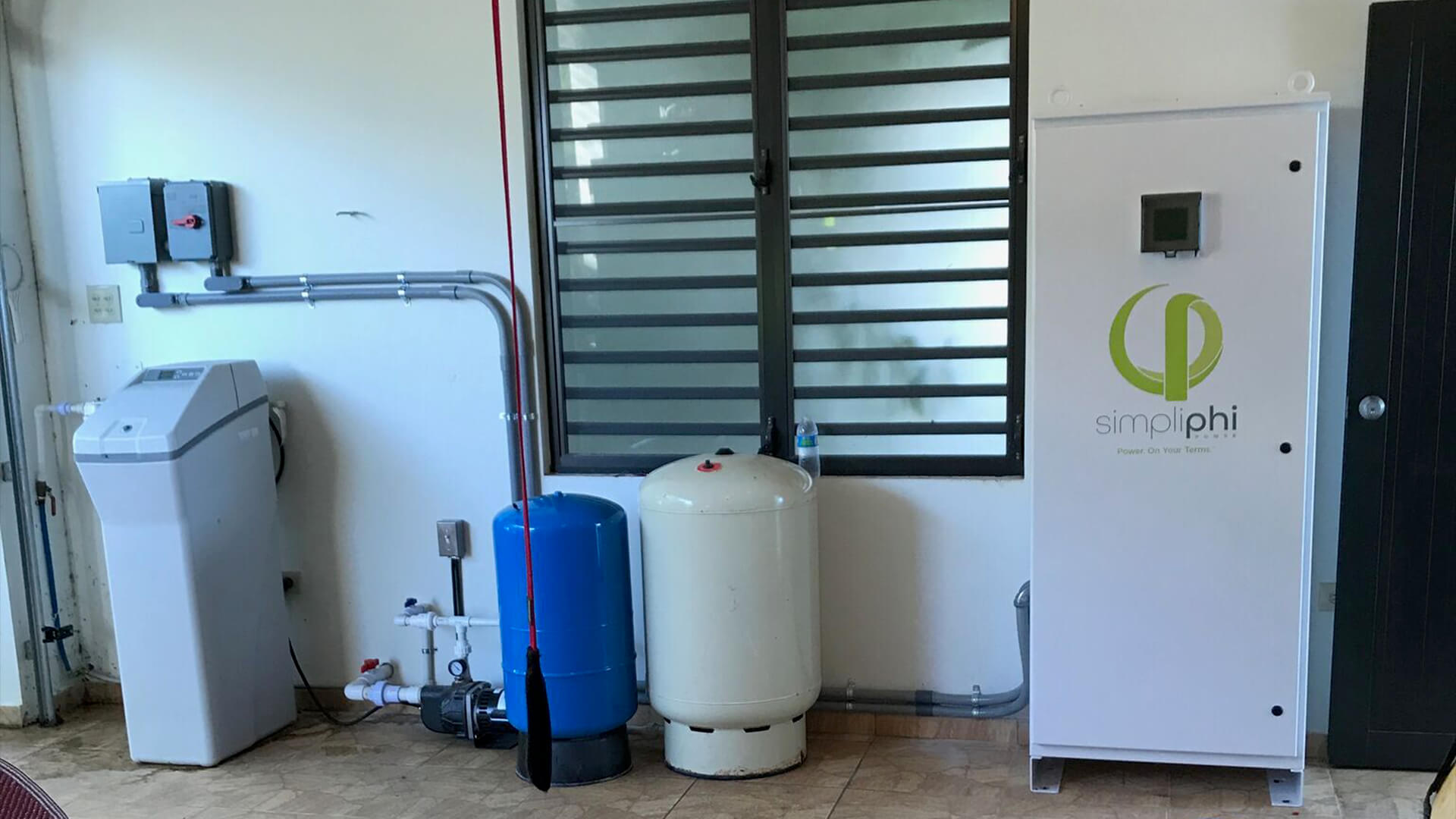When it comes to solar power, efficiency is generally most people’s top concern. How efficient are those panels going to be? How consistently will they produce energy for your home? Many homeowners considering installing solar panels have one big concern about efficiency, and it’s going to come around every year: winter. Do solar energy systems work in winter? If so, are they going to be less efficient? Keep reading to learn more about how winter would impact your solar power system.
Longer Nights, Shorter Days
Yes, solar panels absolutely will produce energy in winter; they don’t shut down just because the temperature dropped. However, there is one big drain on their production that comes with winter, and that’s the length of the days. Days are always shorter in the winter, with sunrise coming late and sunset arriving all too soon.
Naturally, with the sun up for fewer hours, your panels aren’t going to be able to produce as much energy. This is a difficult situation for a lot of solar power users because those long nights also often mean using more electricity since you have to turn on the lights in your home a lot sooner. If you still want to get as much usage as possible out of your solar panels in the winter, it’s strongly encouraged that you use solar batteries. Your panels will likely still produce more power during the day than you’ll need, and you can use that stored energy during those long nights.
Colder Temperatures
What about the lower temperatures in the winter? Do those impact your solar panels’ performance? The answer to this is yes, colder temperatures will impact your solar system’s efficiency—but probably not in the way you think. Solar panels are actually more efficient in colder temperatures than they are in the heat. Thermal loss can be a major drain on solar energy systems, so the colder temperatures are actually a boon to their overall efficiency, which can help to offset the losses associated with the shorter days.
Snow
So, what about snow? If you live in an area that gets significant snowfall, will that impact your system’s production? While a panel can’t produce energy with snow covering it, it’s highly unusual for snow to stay on panels for a significant period of time. It will usually slide off quickly. Then your panels can resume normal production. Additionally, the reflection of sunlight on the snow can actually provide additional light and power for your photovoltaic cells to absorb.
So, ultimately, winter will impact your solar production, but probably not as much as you would imagine. If you’re concerned about the longer nights, invest in some SimpliPhi batteries to get you through to longer days again.








